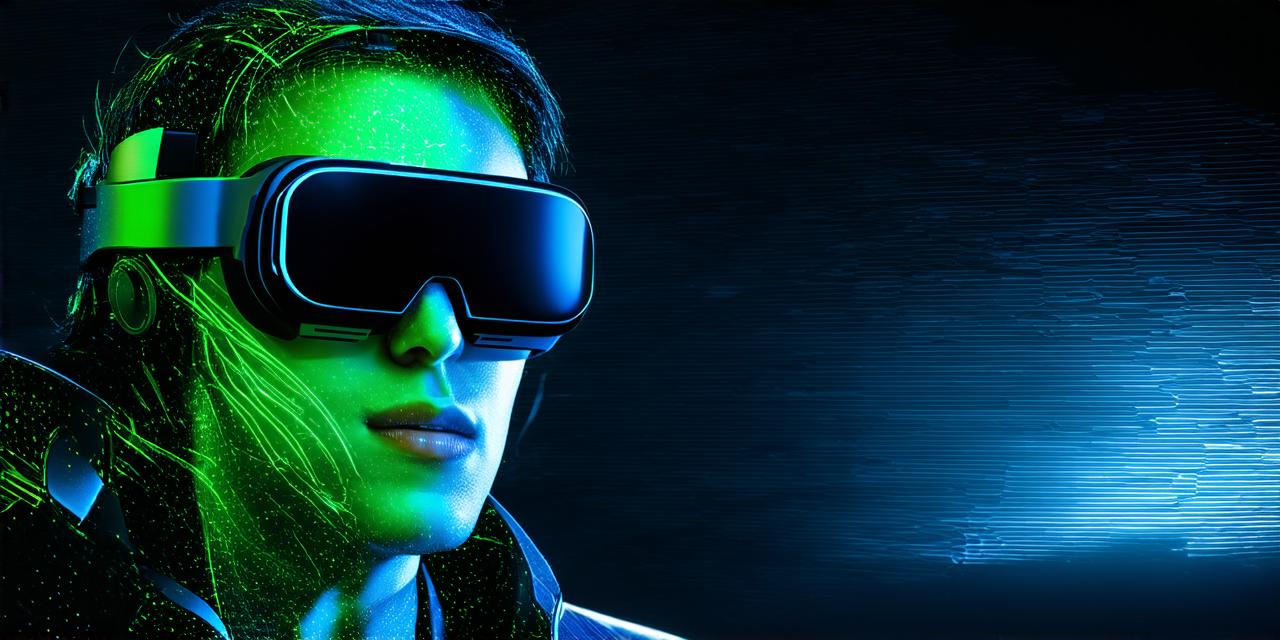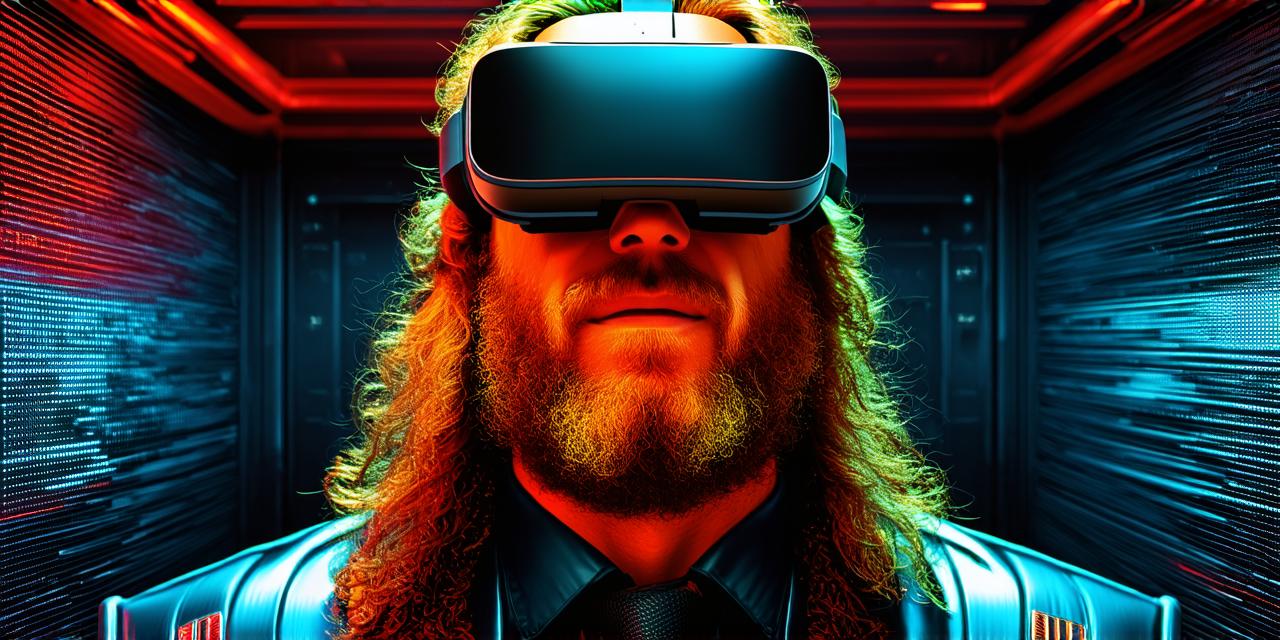
How is VR used in society?
Here’s the corrected HTML code for the article:
Virtual reality (VR) has revolutionized the way we interact with technology and has had a significant impact on various sectors of society. Here are some examples of how VR is being used in different areas:
Table of Contents
ToggleEntertainment and Gaming:
VR is becoming increasingly popular among gamers, providing an immersive gaming experience that allows players to fully engage with the game world. With VR, players can interact with their surroundings in a more realistic way and even physically move around within the game. This has led to new genres of games such as first-person shooters and sports simulations.
Tourism and Hospitality:
VR is being used in the tourism industry to allow people to experience travel destinations without actually being there. This can be particularly useful for individuals who may not have the financial means to travel or who are unable to physically visit certain locations due to health restrictions. Additionally, VR can also be used by hotels and resorts to provide guests with a virtual tour of their property before they arrive.
Healthcare:
VR is being used in healthcare to help patients overcome phobias, manage chronic pain, and improve rehabilitation outcomes. For example, VR can be used to simulate real-life scenarios that trigger anxiety or fear, helping patients to confront and overcome these fears in a controlled environment. Additionally, VR can also be used to help patients with chronic pain by distracting them from their discomfort and providing a sense of relaxation.
Education:
VR is being used in education to provide students with an immersive learning experience that allows them to interact with the material in a more engaging way. With VR, students can explore historical events or scientific concepts in a virtual environment that simulates real-world scenarios. This can help students to better understand complex concepts and improve their overall learning outcomes.
Training and Simulation:
VR is being used in various industries such as aviation, military, and emergency services to provide training simulations. These simulations allow individuals to practice their skills in a safe and controlled environment, which can reduce the risk of accidents and improve overall safety.
In conclusion, VR has had a significant impact on various sectors of society and is becoming increasingly popular as a tool for entertainment, education, healthcare, and training. As technology continues to advance, we can expect to see even more innovative uses for VR in the future.


